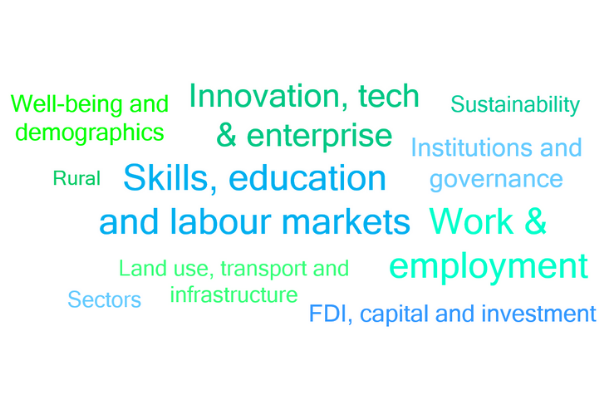Join Us
If you are interested in changing the tone of the productivity debate in theory and practice join the Productivity Insights Network.
If you are interested in changing the tone of the productivity debate in theory and practice join the Productivity Insights Network.
The Productivity Insights Network aims to stimulate new directions in productivity research with high impact potential.
Find out more about the core team at Productivity Insights Network and our growing membership of individuals and organisations.
If you need a bad credit payday loan for your project funding then there are many options. Wage Day Advance can provide a loan within 60 minutes, regardless of how bad your credit rating is. With repayment terms to suit, they are a good borrowing option if you need funds quickly.


If you are interested in learning more please sign up to our mailing list: